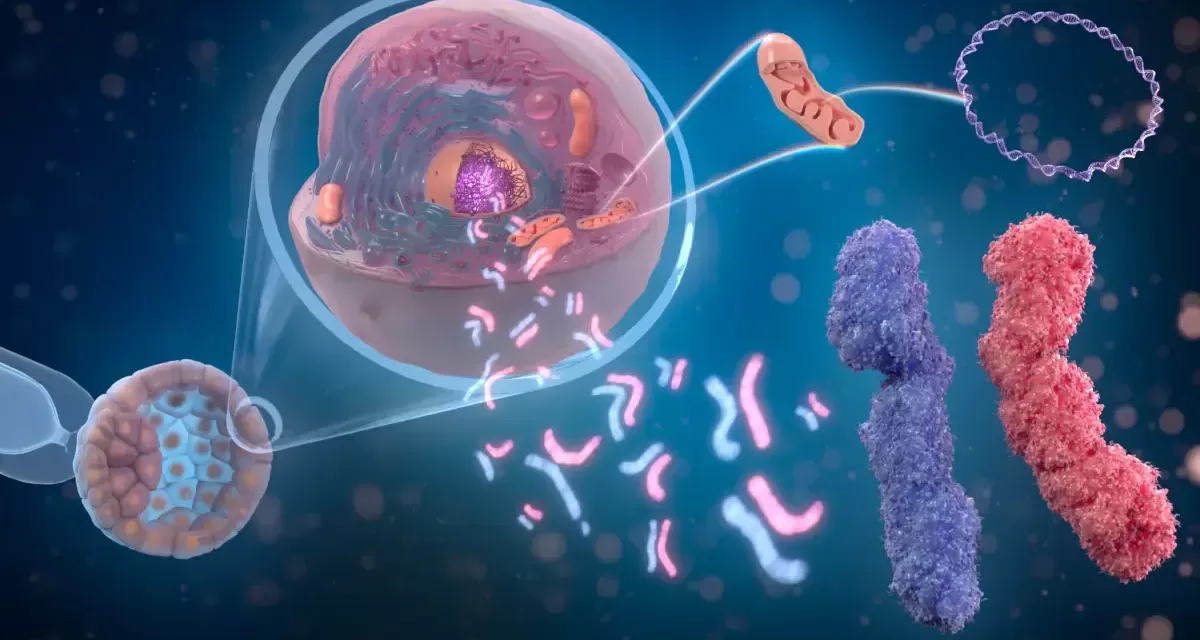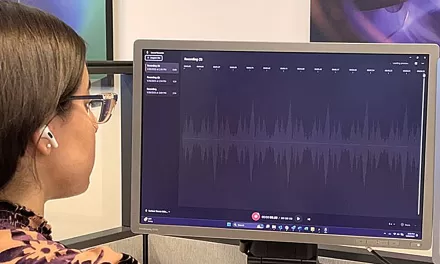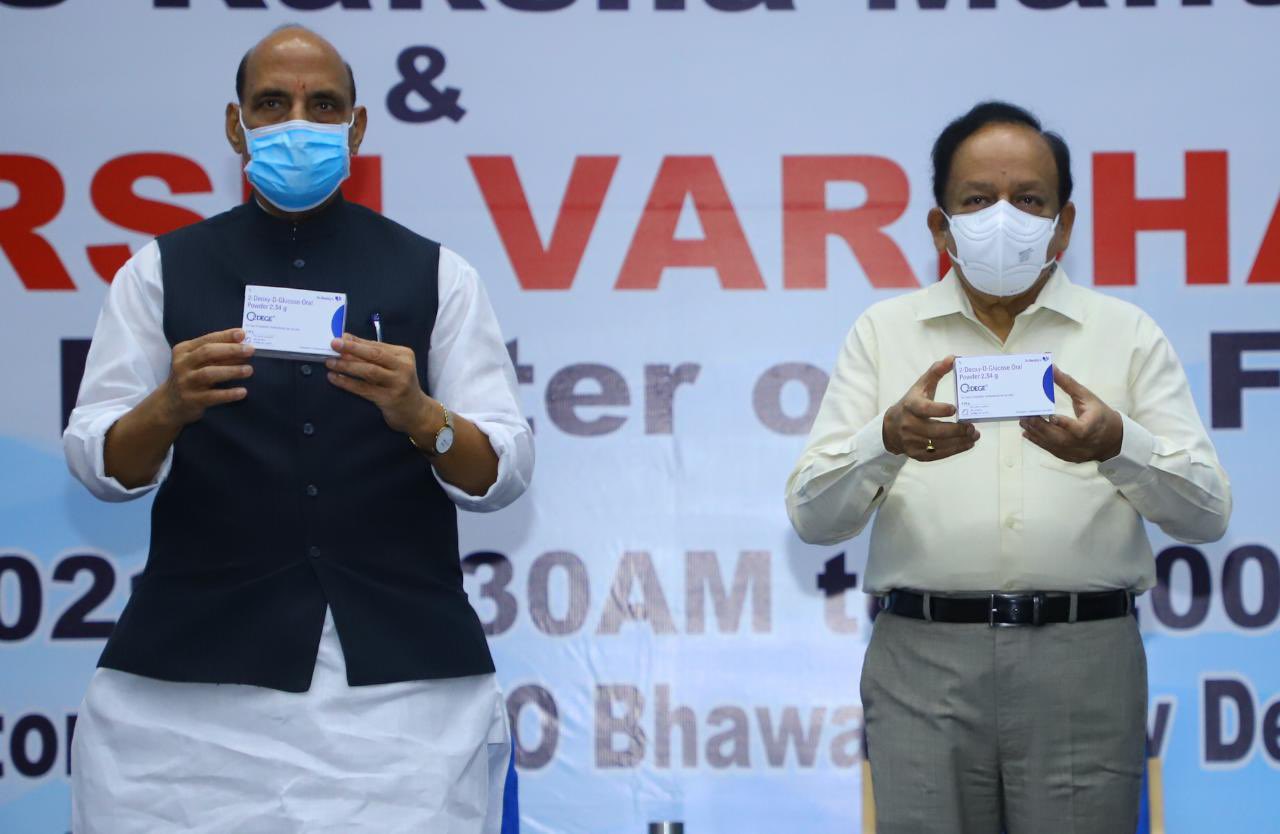Chennai, February 4, 2025: The Indian Institute of Technology (IIT) Madras has launched the Bharat Cancer Genome Atlas (BCGA) to advance cancer research and facilitate personalised treatment, both in India and globally. This initiative aims to bridge the gap in genomic studies of cancers prevalent in India, enabling better early detection and treatment strategies.
The BCGA programme was initiated by IIT Madras in 2020. As part of this effort, the institute has successfully completed the sequencing of 960 whole exomes from 480 breast cancer patient tissue samples collected across the country. The database has been made publicly accessible at bcga.iitm.ac.in for researchers and clinicians worldwide.
Filling the Gap in Cancer Genomics
Prof. V. Kamakoti, Director of IIT Madras, highlighted the significance of this initiative. “We hope that this cancer-related data will provide deep insights into the factors contributing to this deadly disease and help prevent it with early interventions. The Atlas fills the gap in the genomic landscape of various cancers in India,” he said.
He also announced the completion of the Indian breast cancer genome sequence generation, which serves as a comprehensive database of genetic variants associated with breast cancer. These insights can aid in early diagnostics, understanding disease progression, and improving treatment outcomes.
The project was undertaken in collaboration with Karkinos Healthcare, Mumbai; the Chennai Breast Clinic; and the Cancer Research and Relief Trust, Chennai. The consortium analysed data and compiled an anonymised summary of genetic variants from Indian breast cancer samples.
Addressing Cancer Incidence in India
Cancer remains one of the leading health concerns globally and in India. A recent report by the Indian Council of Medical Research (ICMR) indicated a steady rise in the number of cancer patients in the country. According to the National Cancer Registry Programme, one in nine Indians is likely to develop cancer in their lifetime, with 14,61,427 people currently living with the disease. Since 2022, cancer incidence in India has increased by 12.8% annually.
Despite a high cancer burden, India has been underrepresented in global cancer genome studies. Due to the absence of an extensive genomic database for Indian cancers, specific genetic variants unique to Indian patients have not been adequately captured in diagnostic kits or drug development efforts.
Advancing Personalised Medicine
According to Project Coordinator Prof. S. Mahalingam, Head of the Centre of Excellence on Cancer Genomics and Molecular Therapeutics at IIT Madras, the BCGA will serve as a valuable resource for identifying cancer-specific biomarkers in India. “The new database will enable early detection of breast cancer and help identify novel drug targets for developing better treatment strategies tailored to the Indian population,” he said.
The collected data will assist in identifying biomarkers to determine high-risk groups, monitor cancer progression, and develop personalised treatment plans. The Genome Atlas is expected to shift the biomedical research and healthcare system in India towards a “personalised medicine” approach, where an individual’s genetic and molecular profile will be factored into clinical decision-making to improve medical care.
Disclaimer: The information in this article is based on publicly available sources and statements from IIT Madras. It is intended for informational purposes only and should not be considered a substitute for professional medical advice or consultation with healthcare professionals.












